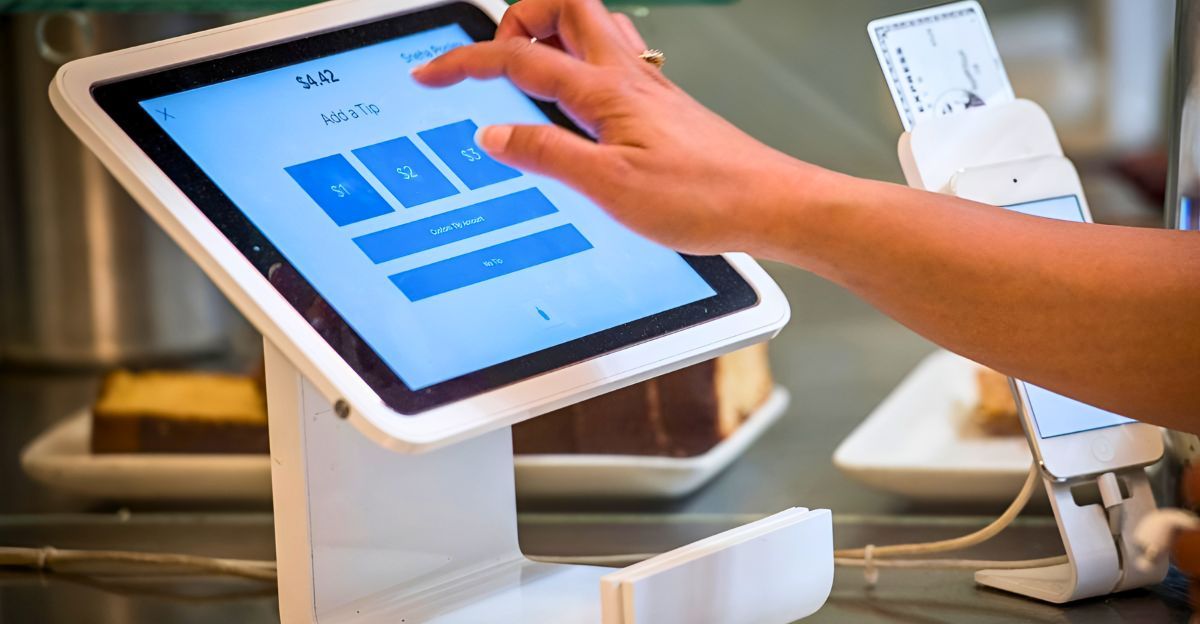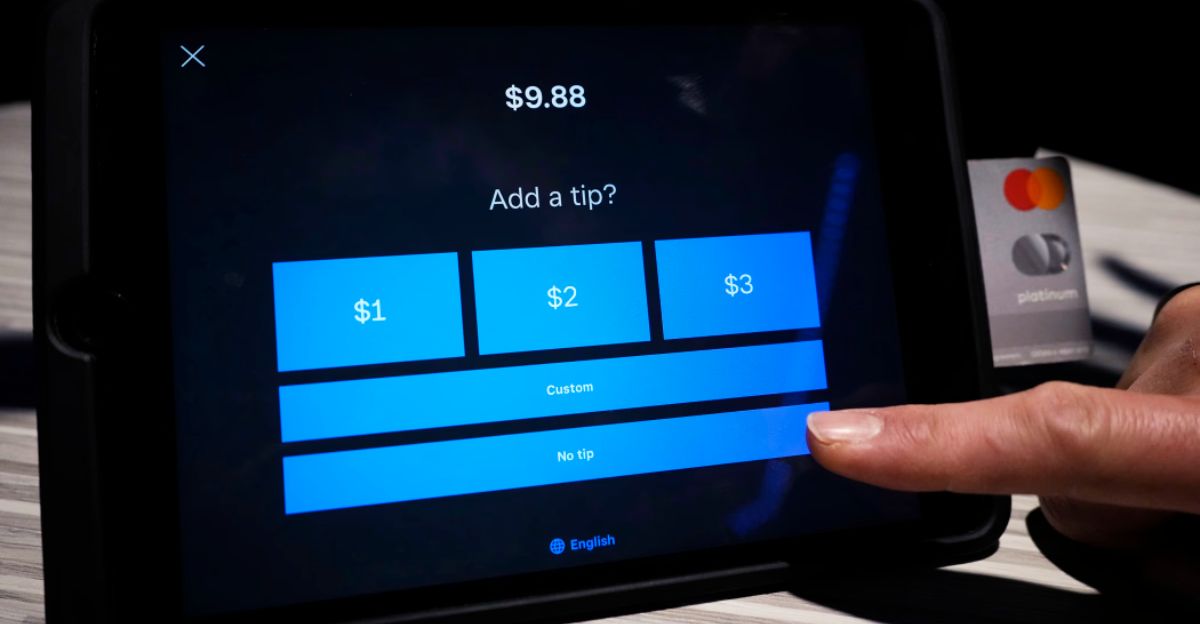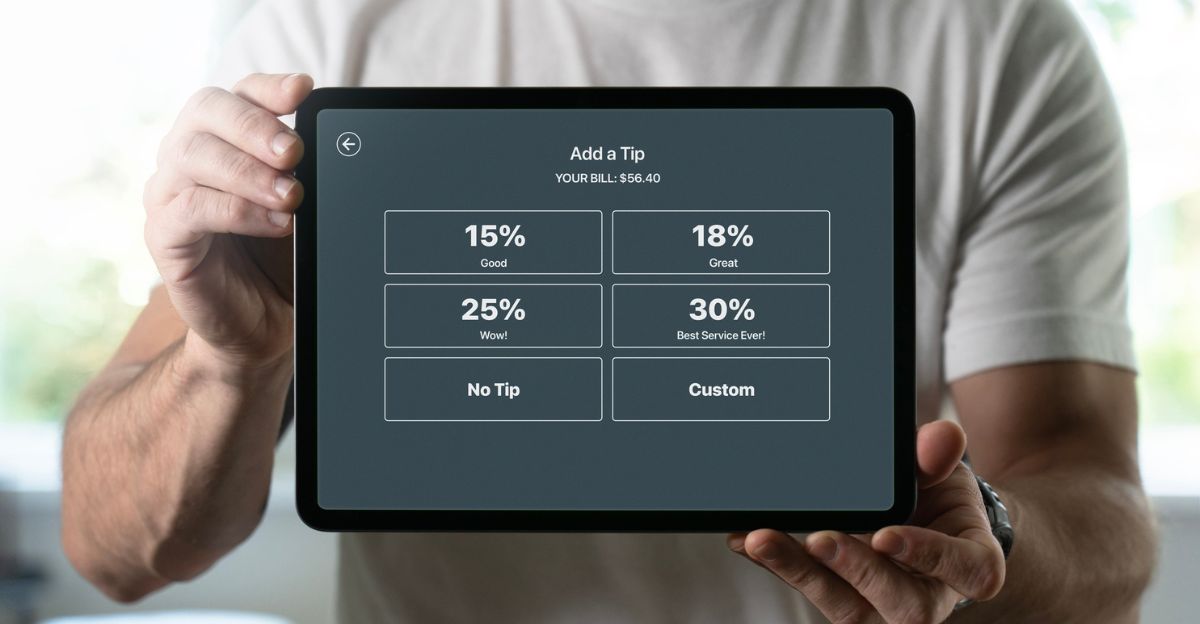
Tipping culture in the U.S. has evolved into a complex and often confusing social norm, with growing pressure on consumers to tip in many service situations. Originally a gesture of gratitude, tipping now sometimes feels obligatory, creating uncertainty about when it is appropriate or necessary.
This guide aims to clarify scenarios where tipping is unnecessary or inappropriate, helping consumers navigate expectations honestly and fairly. By understanding these boundaries, consumers can make informed decisions that respect service workers and fair wage policies, reducing the stress and ambiguity around tipping.
From Gratitude to Obligation: The History of Tipping

Tipping originated in European taverns as a reward for good service, brought to the U.S. in the mid-1800s by wealthy Americans returning from Europe. Initially, tipping was resisted in America as un-American and classist, seen as a remnant of aristocratic servility.
After the Civil War, tipping became institutionalized in the South as employers paid low wages to Black workers, relying on tips as a primary income source. Despite early legal attempts to ban tipping, it spread nationwide, becoming a system that often subsidizes low wages in the service industry.
Tipping-Free Restaurants: Respecting Fair Wage Policies

Some restaurants have adopted policies to pay their staff living wages, explicitly requesting no customer tips. These establishments aim to eliminate the financial uncertainty for workers and reduce customer pressure.
Honoring these no-tip policies supports fair compensation and helps shift the industry from relying on tipping. Ignoring such policies undermines efforts to create equitable pay structures and perpetuates the tipping system’s flaws.
No Tip for Unsafe or Poor Service in Transportation

Tipping in transportation should reflect safety and professionalism. When taxi or rideshare drivers provide unsafe rides or behave unprofessionally, withholding a tip is justified. Tips are meant to reward good service, not to compensate for substandard or risky experiences.
Consumers have the right to expect safe, respectful service and should feel empowered to withhold gratuity when these standards are unmet.
Why Food Trucks Don’t Require Tips

Food trucks and owner-operated stands typically do not have separate servers, and the owner often handles all aspects of service.
Customers already pay a premium for convenience and quality, so tipping is not expected. Since the transaction is direct with the owner, tipping is unnecessary and can create confusion about who benefits from the gratuity.
No Tips for Self-Service and Digital Transactions

Tipping at self-service kiosks, online platforms, or automated services is generally unwarranted because there is no direct service provider to reward.
These systems reduce labor costs and interactions, so adding a tip does not align with traditional gratuity purposes. Consumers should feel comfortable skipping tips in these contexts without guilt.
When to Skip Tipping Professionals and Skilled Trades

Salary-earning professionals such as doctors, lawyers, teachers, and tradespeople like plumbers and electricians typically do not expect tips.
Their compensation is structured through fees or salaries rather than gratuities. Confusing professional fees with service industry tipping blurs important distinctions and can lead to inappropriate expectations.
No Need to Tip Commission or Contract Workers

Workers paid through commissions or contracts, such as real estate agents or car salespeople, usually do not rely on tips.
Their earnings are embedded in their sales or contracts, making tipping unnecessary. Recognizing this helps consumers avoid redundant or awkward tipping situations.
The Tipping Backlash: When Consumers Say No

There is a growing consumer resistance to inflated tipping expectations, often called “tipflation.” Many argue tipping has become a corporate strategy to avoid paying living wages and shifting labor costs onto customers.
Some consumers refuse to tip on principle, sparking debates about fairness and the sustainability of the tipping system. These pushbacks highlight the need for systemic change in wage policies.
Navigating Tipping with Confidence and Fairness

Understanding when not to tip empowers consumers to act reasonably and confidently. Key no-tip zones include tipping-free restaurants, unsafe services, owner-operated food trucks, self-service platforms, and professionals who do not expect gratuities.
Consumers should tip thoughtfully where appropriate but avoid tipping out of social pressure. Communicating dissatisfaction directly is more constructive than unfairly withholding tips. Respecting businesses that pay fair wages without tipping supports a healthier service economy.
Discover more trending stories and Follow us to keep inspiration flowing to your feed!

Craving more home and lifestyle inspiration? Hit Follow to keep the creativity flowing, and let us know your thoughts in the comments below!
